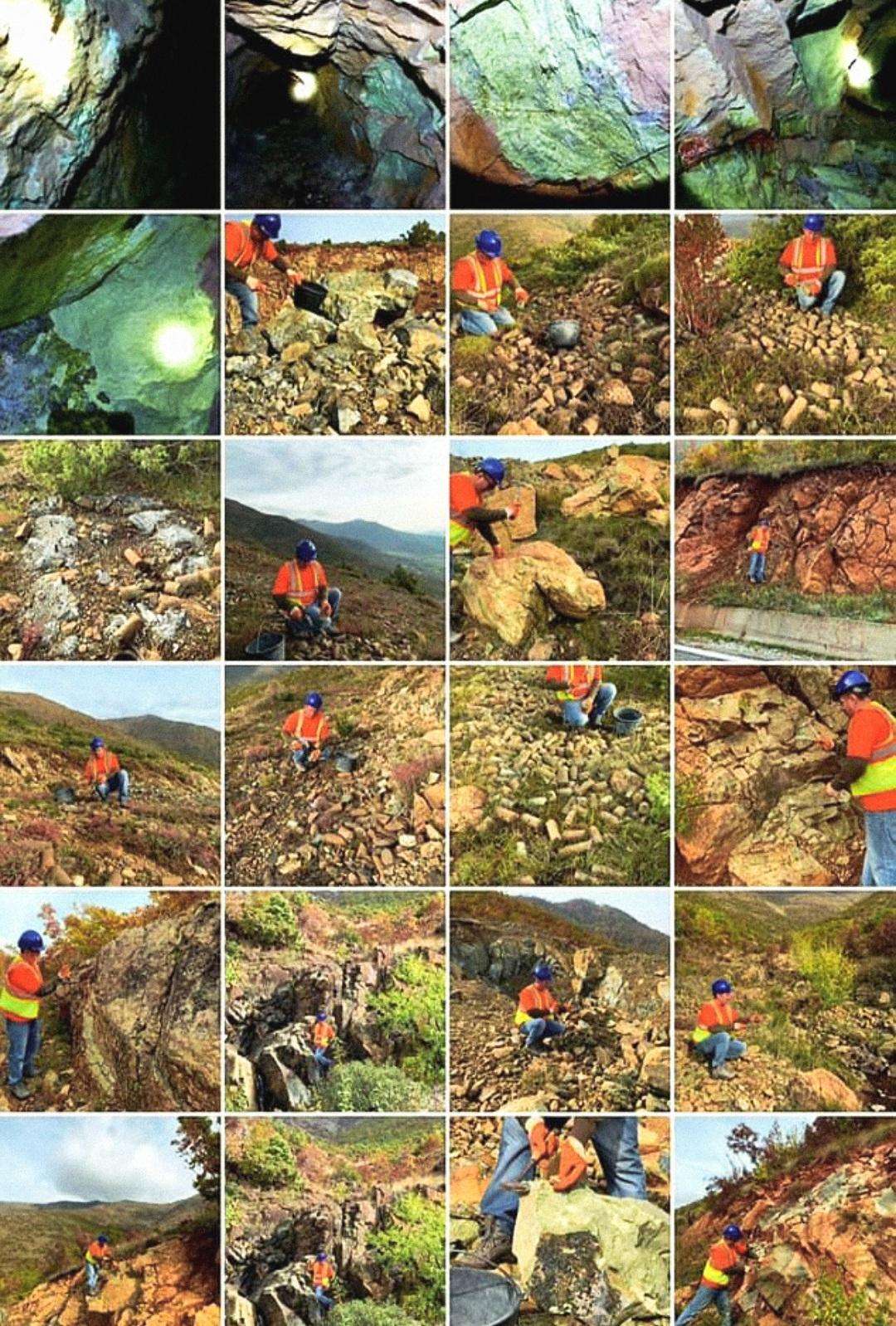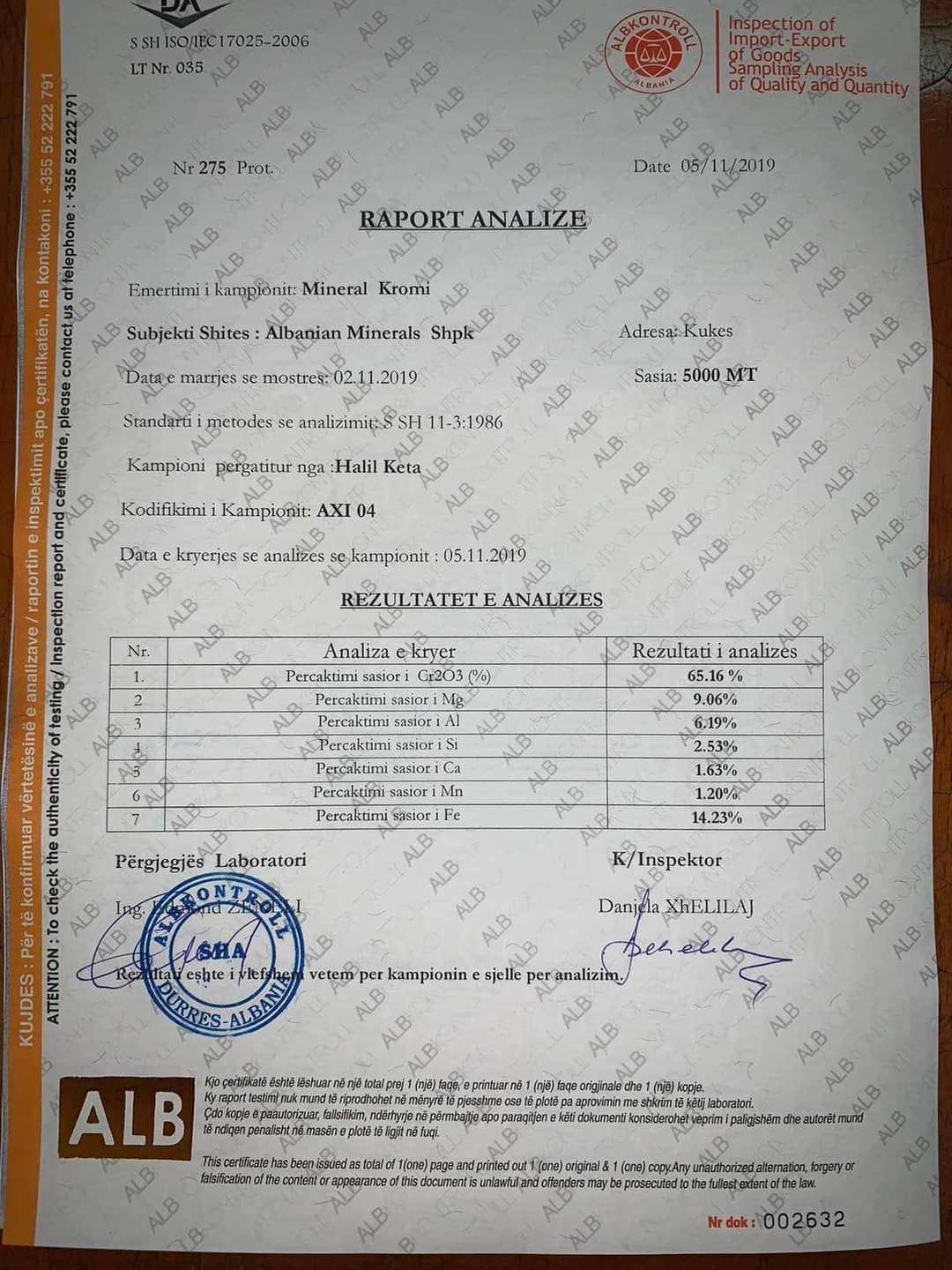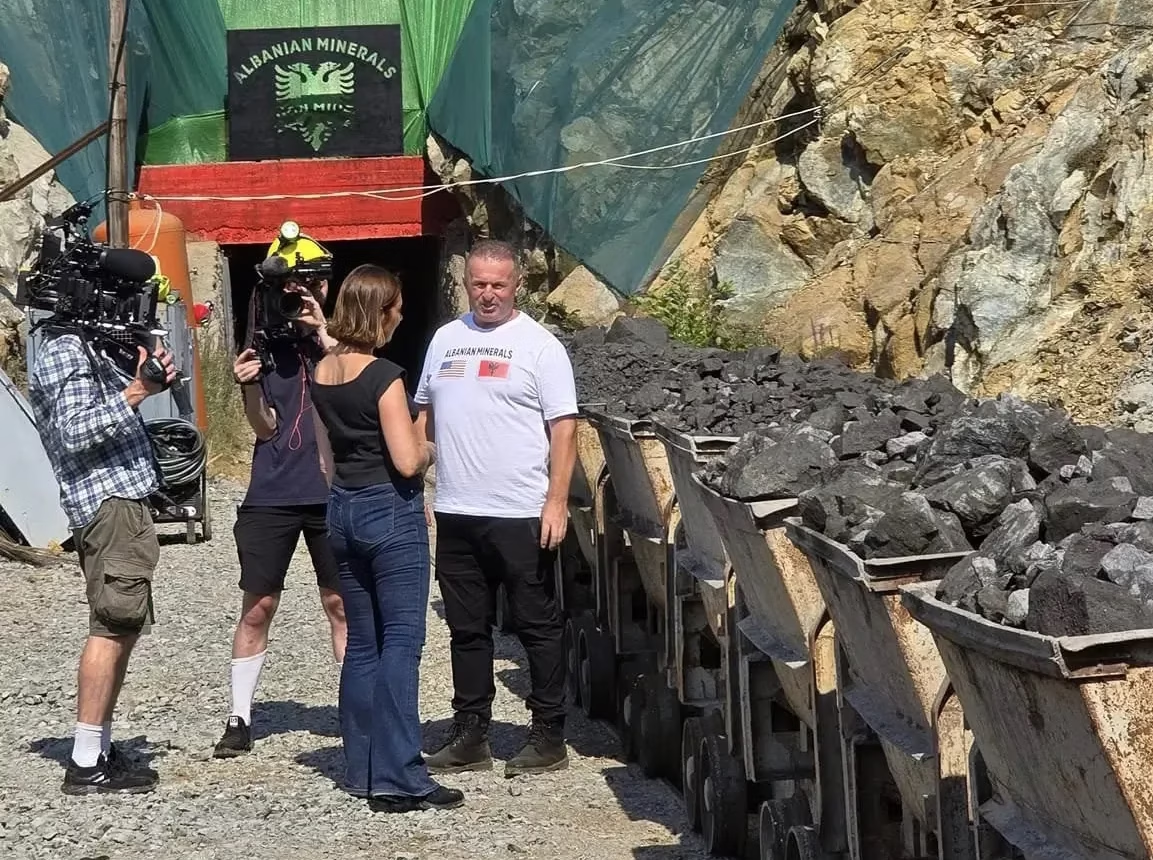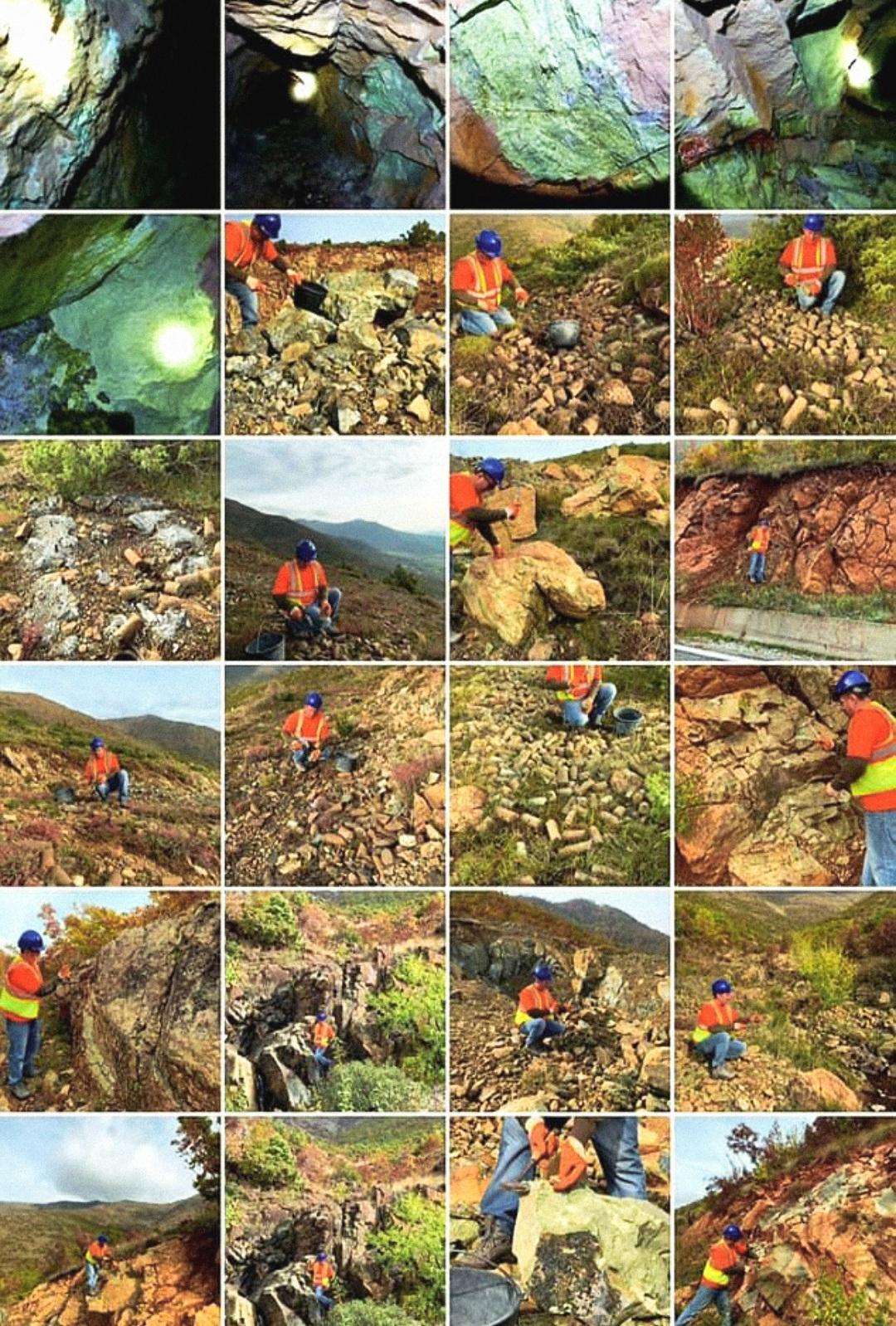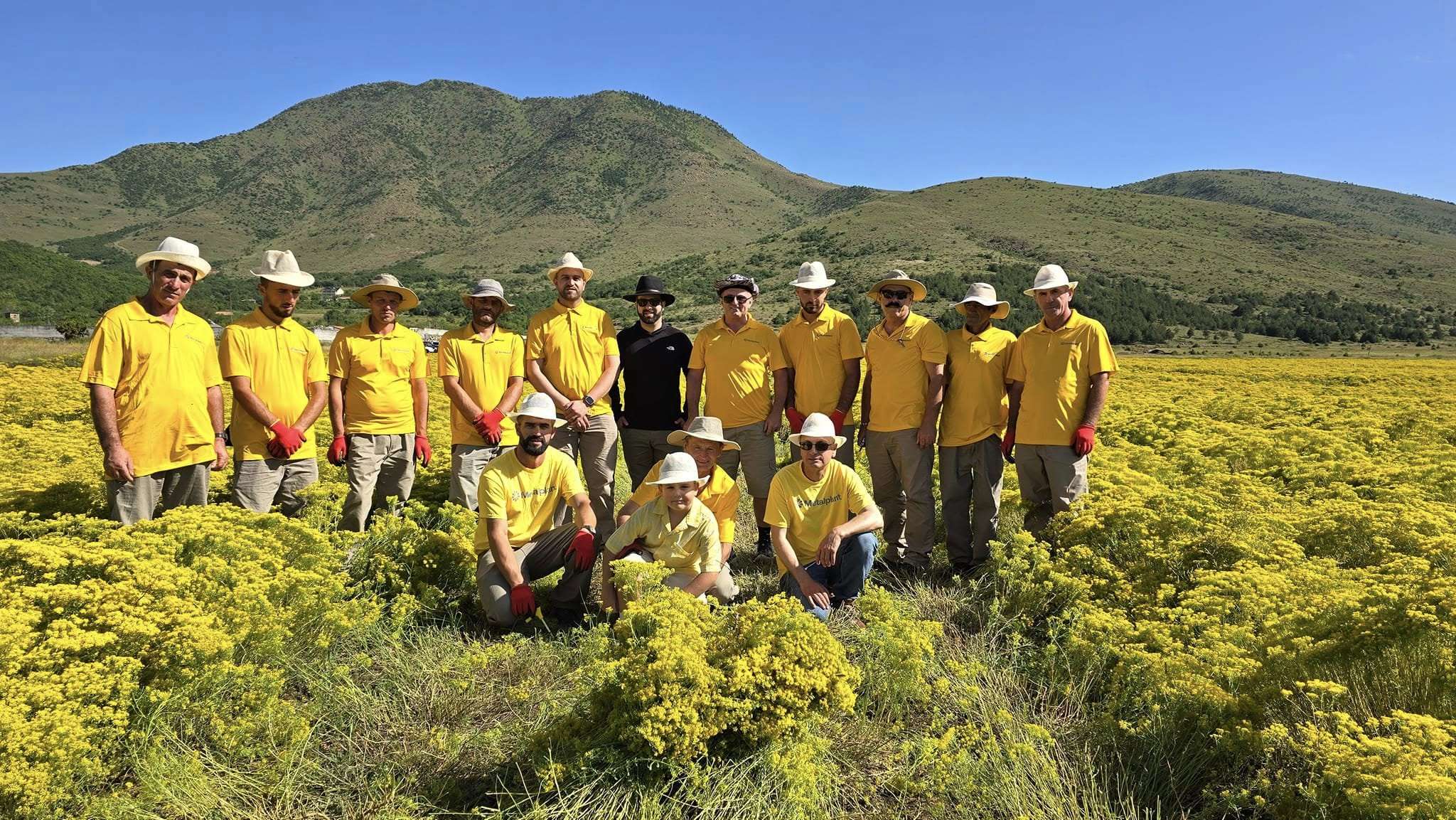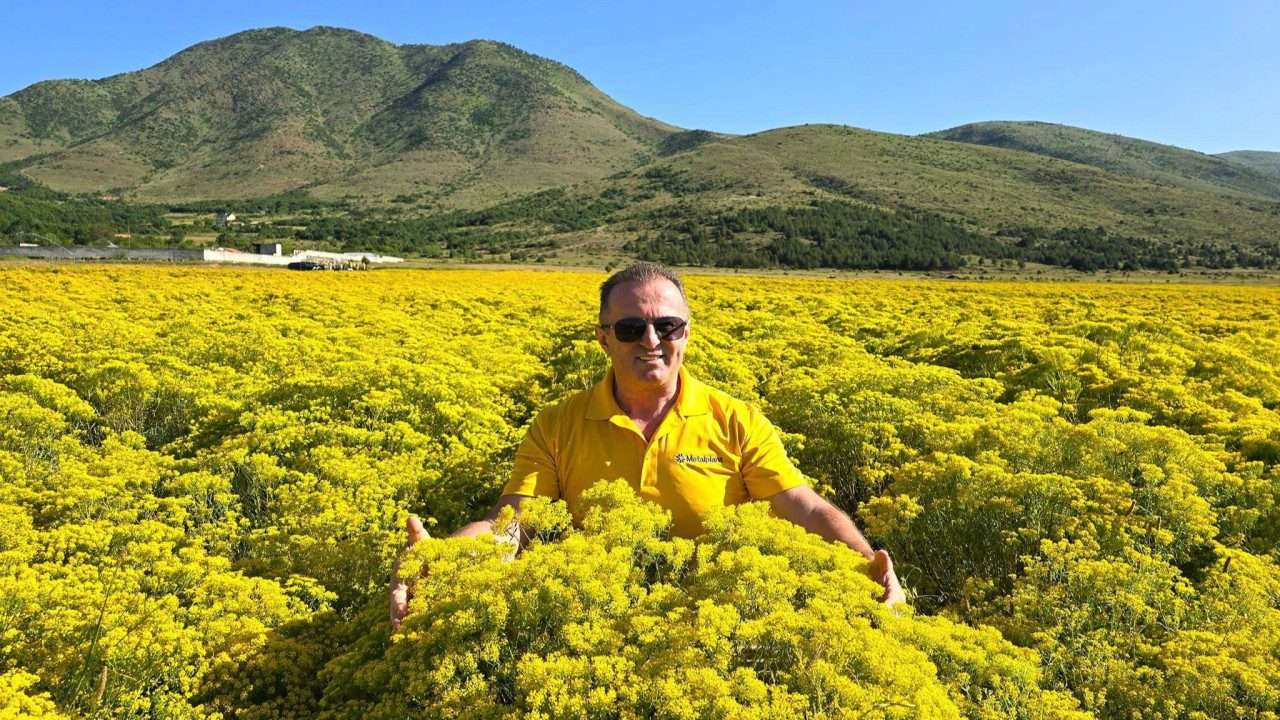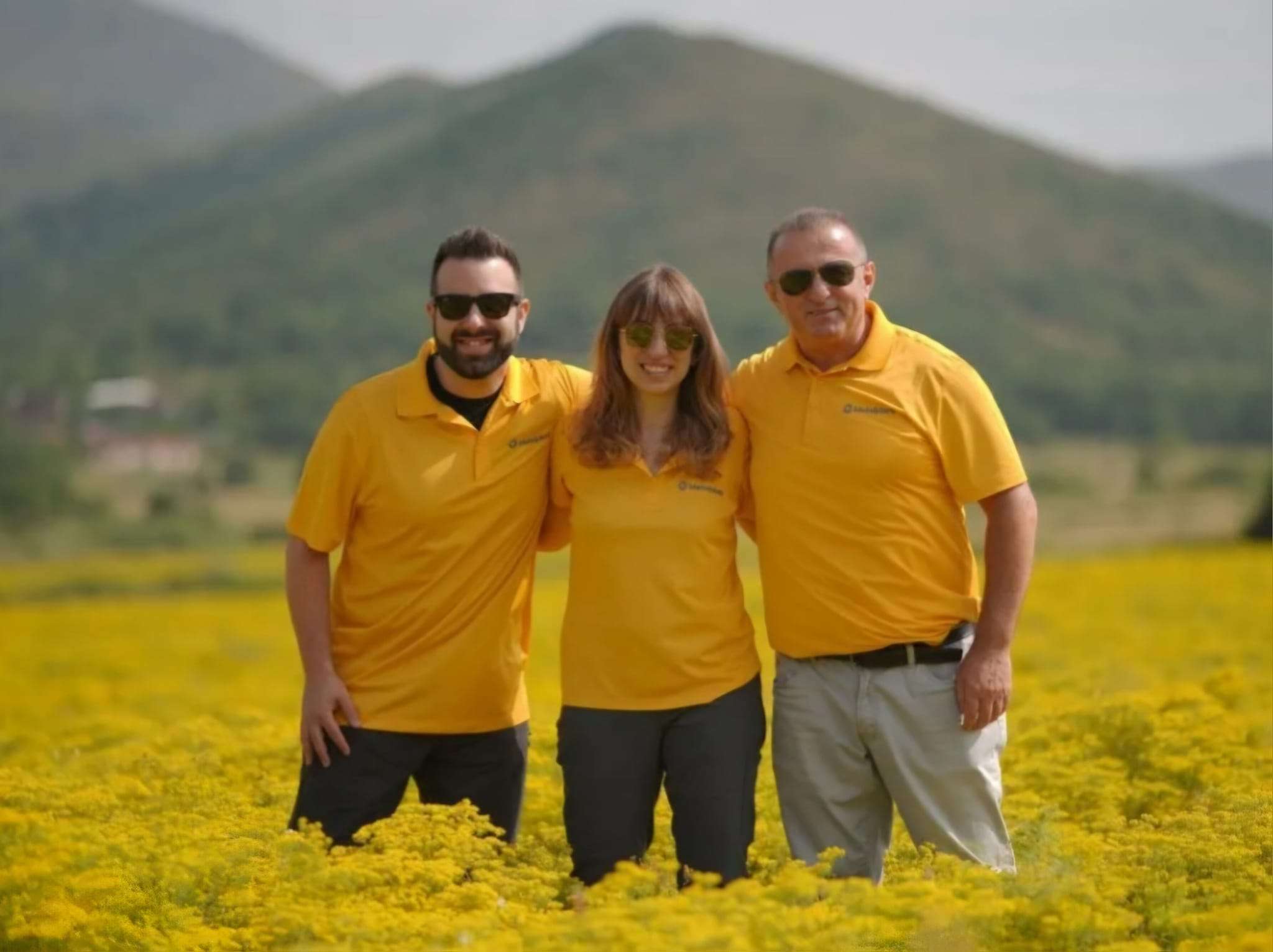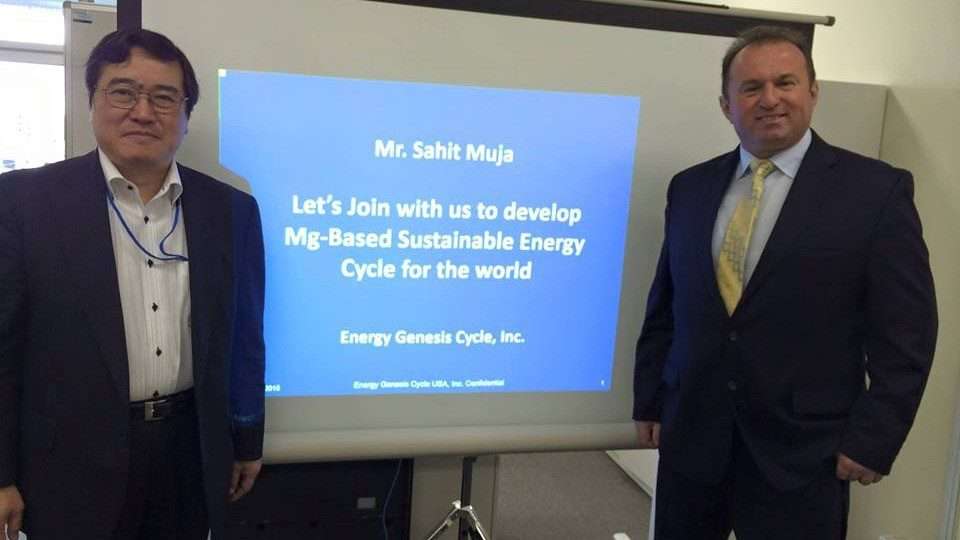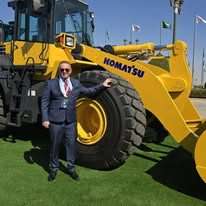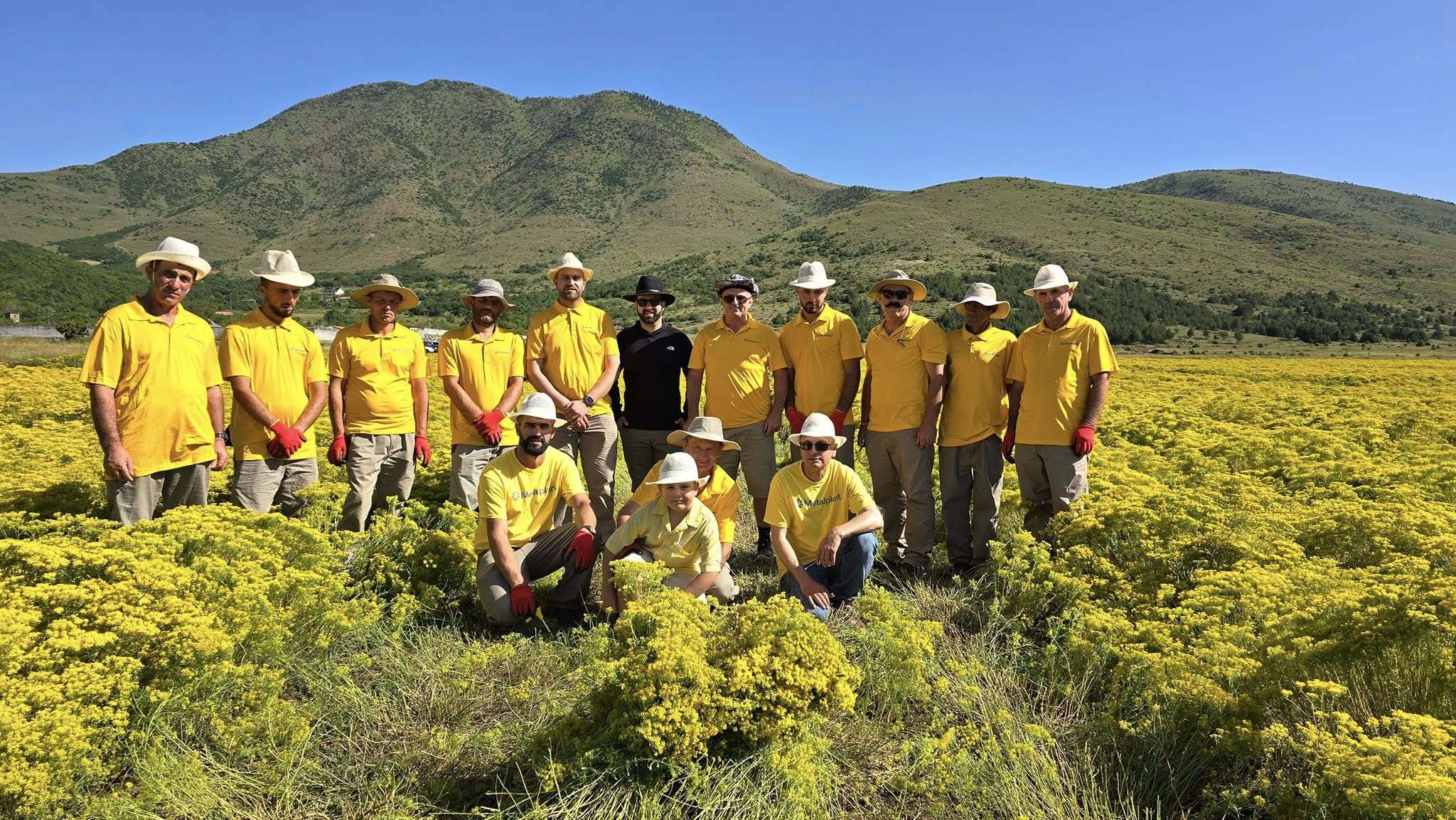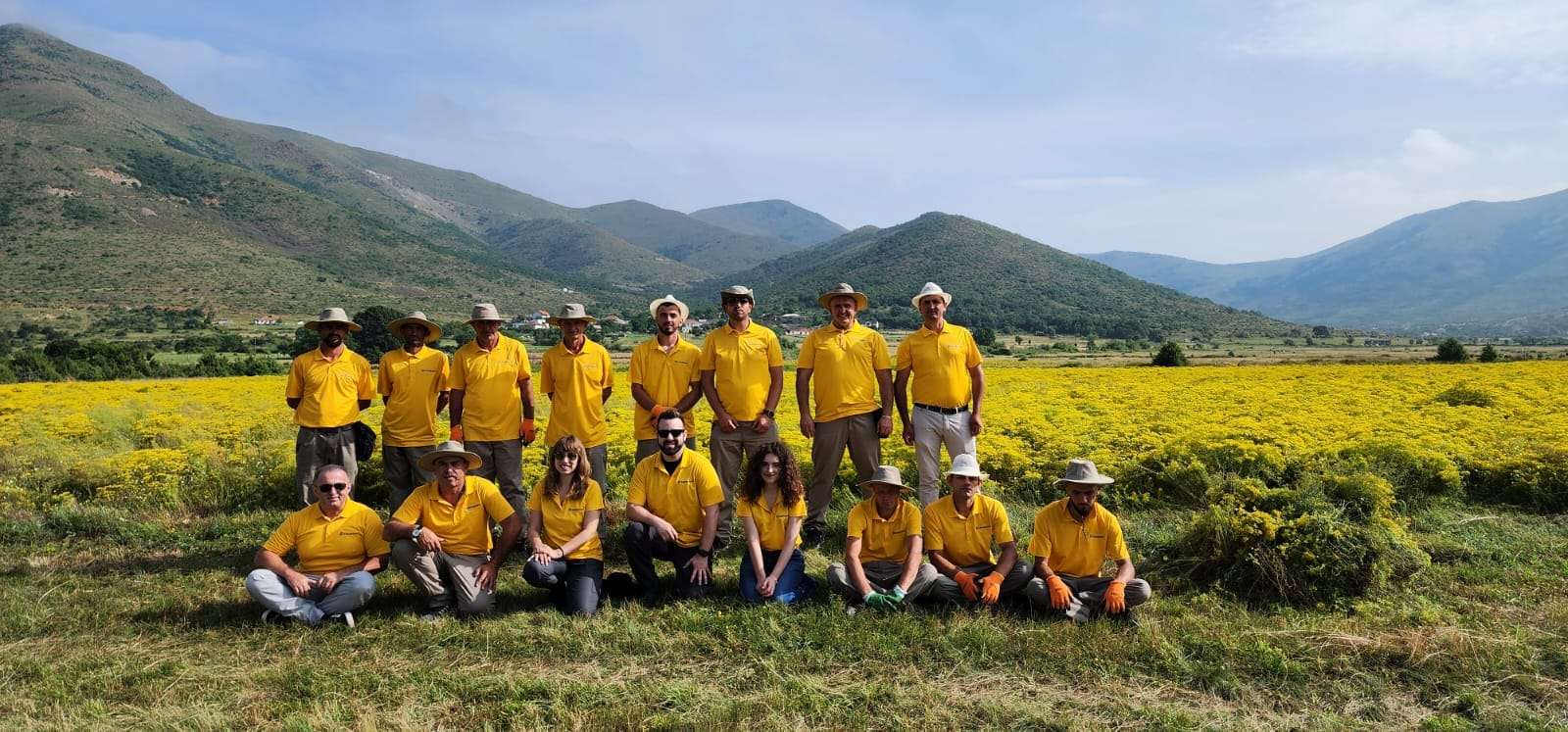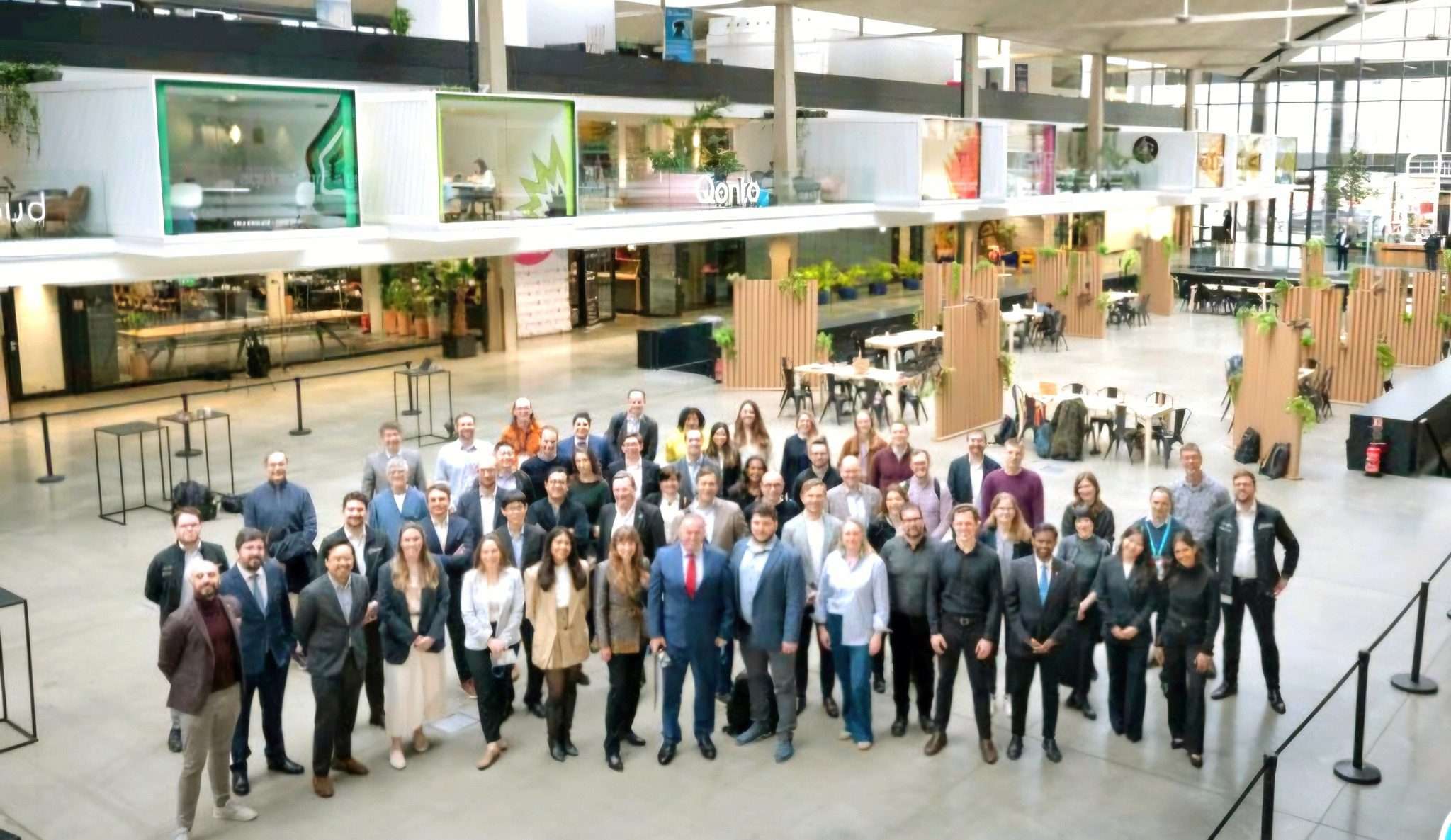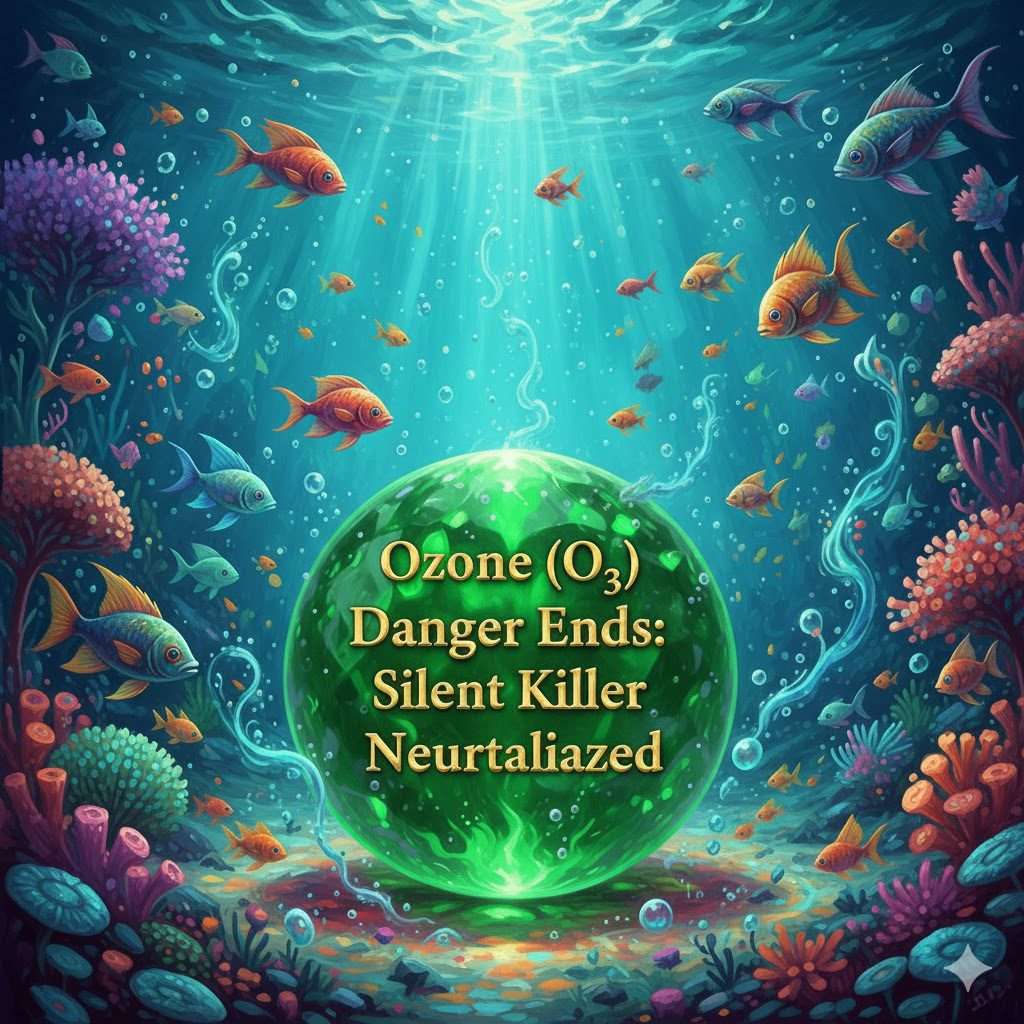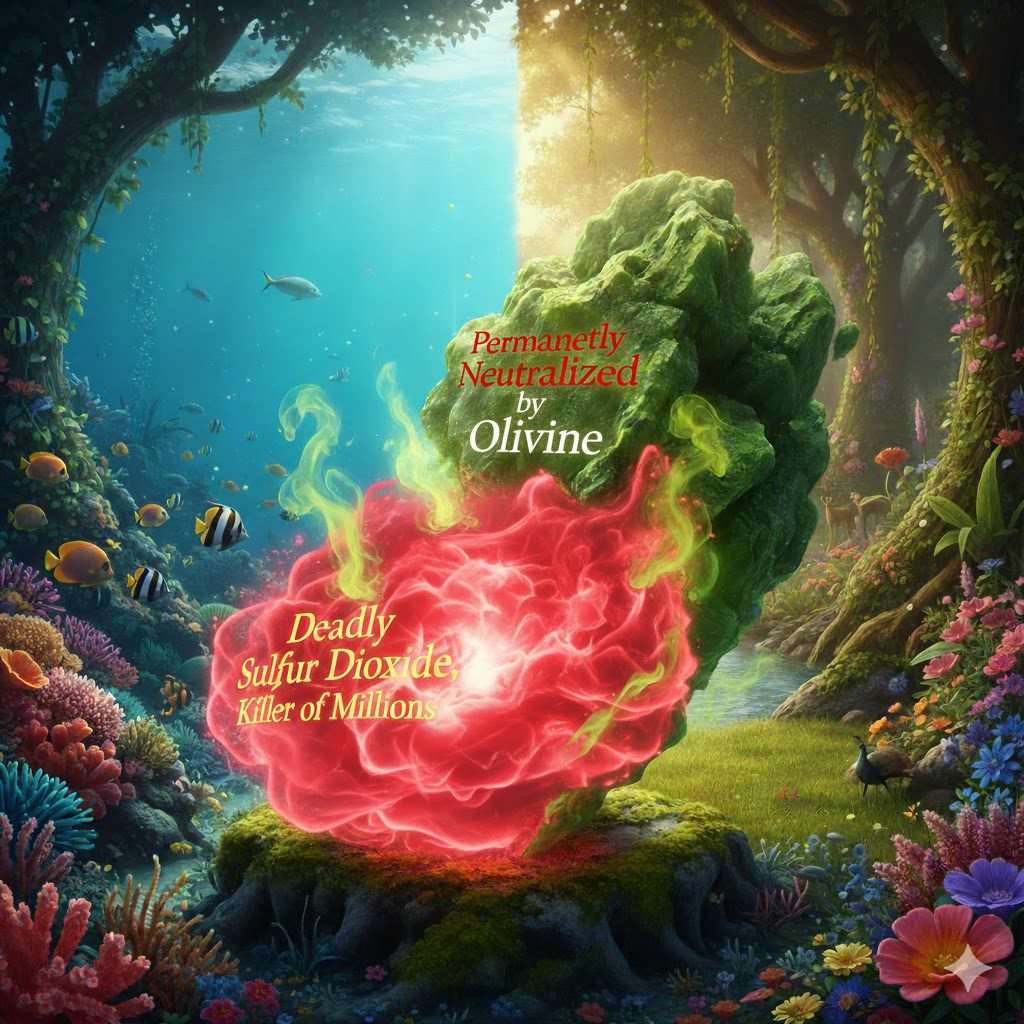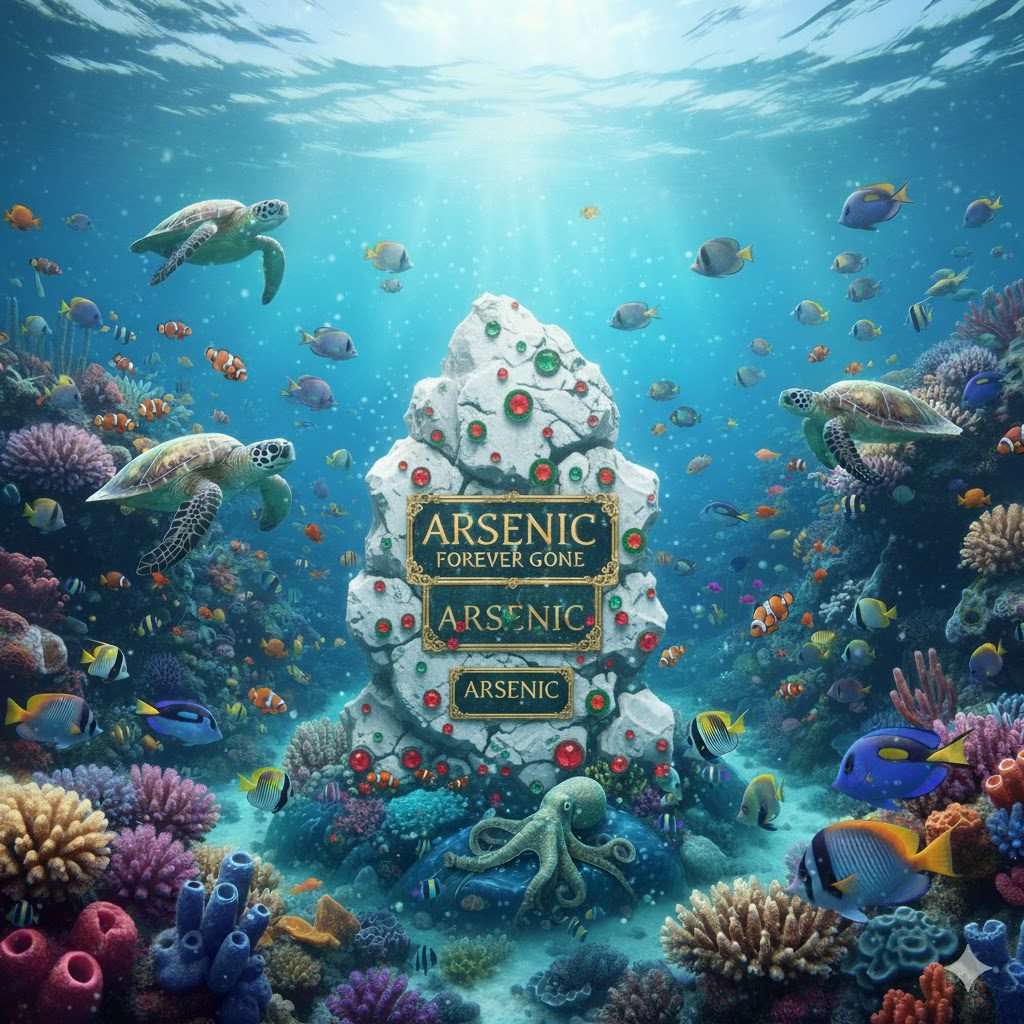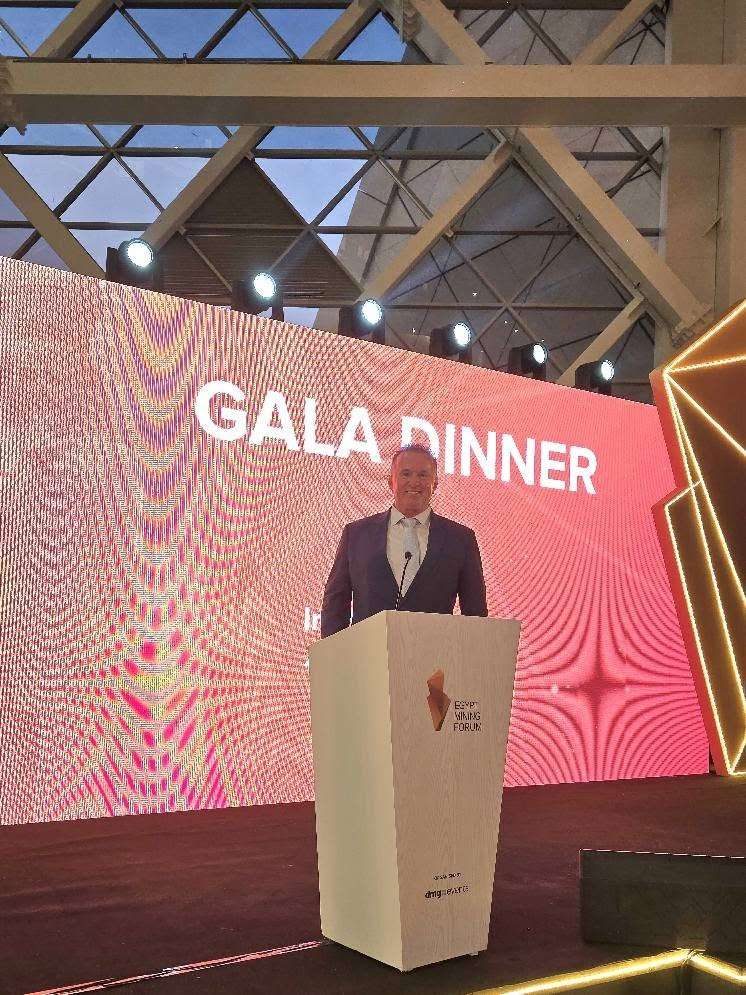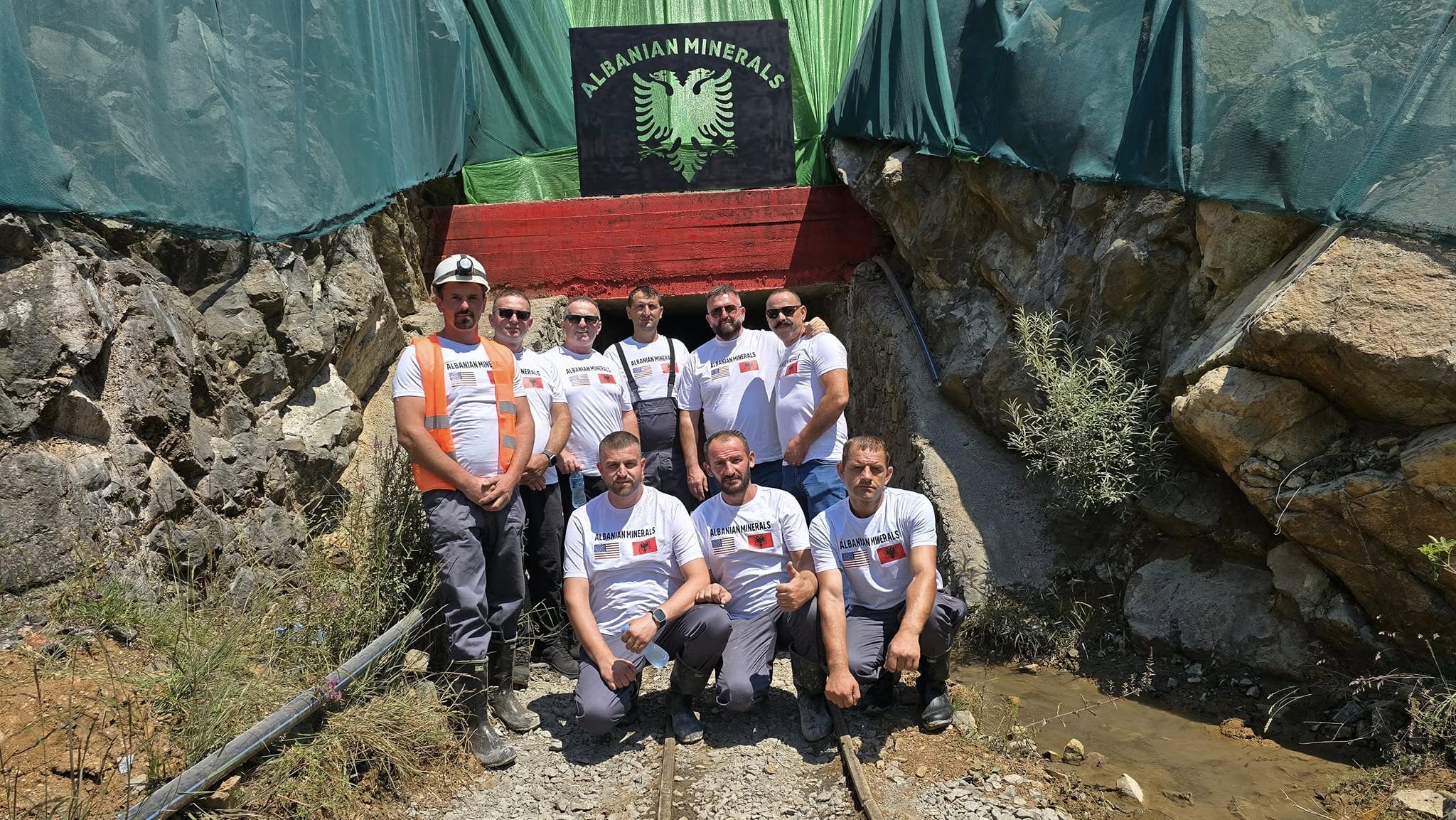
Flower farm could supply nickel for electric vehicle batteries
The Business Standard : Flower farm could supply nickel for electric vehicle batteries
In the rolling hills of Tropojë, Albania, a quiet revolution is blooming—literally. Sahit Muja, mining entrepreneur and co-founder of Metalplant, is spearheading a visionary project that could transform how the world sources nickel, a critical metal for electric vehicle (EV) batteries, while simultaneously fighting climate change.
Traditional mining has long been humanity’s sole path to metals. The Industrial Age cemented this paradigm: to power machines, build infrastructure, or create batteries, we dug into the earth, emitting vast quantities of carbon in the process. Mining a single tonne of nickel for an EV, for instance, can generate up to 59 tonnes of CO₂, ironically undermining the sustainability of green technologies.
Metalplant is rewriting this script. The company cultivates nickel-accumulating flowers using a process called phytomining, where plants selectively concentrate metals from the soil. “We are turning agriculture into an industrial solution, creating metals without the environmental cost of traditional mining,” Muja explained.
The method is deceptively simple yet scientifically sophisticated. Specific plant species, such as Odontarrhena decipiens, absorb nickel into their biomass, sometimes up to 2 percent of their body weight. Once the plants mature, they are harvested, dried, and processed to recover the concentrated metal from their ash. A single 1,000-hectare farm could yield between 250 and 550 metric tons of nickel—valued at US$3-7 million—while avoiding the destructive impact of mining.
Metalplant’s innovation does not stop at nickel extraction. By integrating enhanced rock weathering, the company spreads olivine—a magnesium iron silicate sourced from Muja’s nearby stone quarry—across its farms. As the rock dust weathers, it captures CO₂ from the atmosphere, transforming it into long-lasting bicarbonate and sequestering hundreds of tonnes of carbon. Early trials suggest each hectare could yield up to 400 kilograms of nickel while simultaneously fixing around 200 tonnes of CO₂.
“This is not just mining; it is regenerative industrial farming,” says Muja. “We can produce metals critical for electric vehicles while turning the entire process carbon-negative.”
Sahit Muja’s Metalplant represents a convergence of ambition, innovation, and environmental stewardship. By transforming flowers into a source of strategic metals and a tool for carbon capture, Muja is proving that the future of mining may not involve heavy machinery at all—but instead, patience, sunlight, and the quiet accumulation of metals in petals and leaves.
Key Takeaways:
Phytomining offers a sustainable alternative to conventional nickel mining.
Specific plants can accumulate up to 2% of their biomass in nickel.
Metalplant integrates enhanced rock weathering to sequester CO₂, making the process carbon-negative.
A 1,000-hectare farm could yield 550 tons of nickel, worth US$ 7 million.
Sahit Muja’s innovative approach aligns green energy, sustainability, and strategic resource development.






